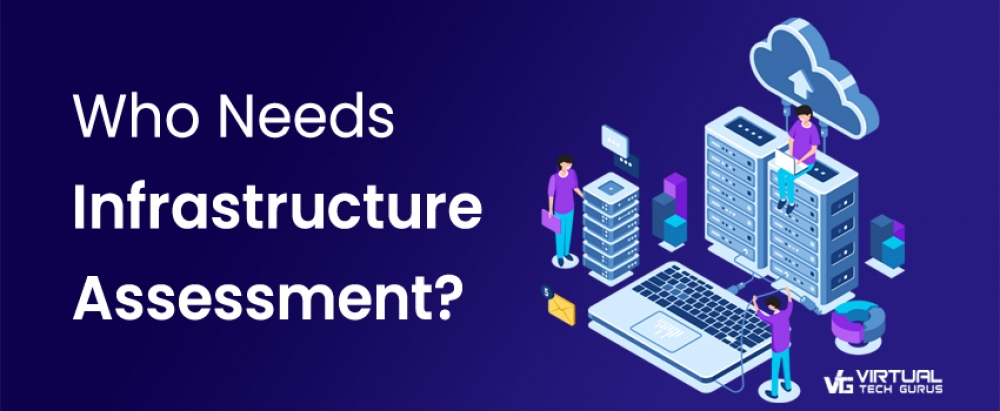
4 Factors to Consider When Calculating ROI for a Technology Upgrade
NewsAll businesses today are tasked with managing large data workloads within budget and time constraints. New devices can help reduce these challenges, but many companies are hesitant to upgrade.
Although some businesses may be put off by the upfront procurement costs associated with a device refresh, other factors contribute to the overall Return on Investment (ROI). Let’s look at four of these factors for accurately calculating ROI:
1. Outdated devices
U.K.-based publication Real Business reports office workers waste 21 days per year waiting for older devices to boot or perform tasks. As the business landscape continues to evolve at an unprecedented rate, your business doesn’t have time to wait on laptops or desktops that can’t keep up with workload demand.
Upgrading to devices equipped with the latest processors, such as 8th Generation Intel Core processors, will improve speed and agility for your workforce. Faster response times, greater flexibility and better communication lead to engaged and efficient employees — who in turn contribute to revenue growth.In addition to improving productivity, upgrading your devices will help your business entice and retain top talent.
Another point to consider with aging devices is cost. The overall cost of troubleshooting devices that no longer support big data requests will outpace the expected savings of sticking with your existing devices. Out-of-warranty support, spare parts and repair expenses can quickly add up.
2. Computer usage
Providing the necessary devices and software specific to each employee and his or her unique role can be challenging. Some employees may primarily work on mobile devices while others need desktops.
From an ROI perspective, your business needs to evaluate how workers will leverage devices to determine the best tools to help them be as efficient as possible. Employees who have high-performance tasks, multitask often, design most of the day or work on time-sensitive projects will benefit from a device powered by a scalable processor.For these employees, a technology upgrade may be more cost-effective to your business sooner than later.
Another point to consider with aging devices is cost. The overall cost of troubleshooting devices that no longer support big data requests will outpace the expected savings of sticking with your existing devices. Out-of-warranty support, spare parts and repair expenses can quickly add up.
What about a Bring Your Own Device (BYOD) policy? Businesses that encourage employees to use their own devices at work and during travel may reduce the initial expense of procurement - but will increase the costs associated with ensuring these personal devices are compatible with their systems.
3. Mobility and security
Investing in the latest mobile devices means equipping your workforce with durable and reliable tools that help drive business outcomes. Benefits include:
- Longer battery life
- Lower failure rates
- Decreased support costs
- Improved communication
- Greater networking capabilities
Although the anytime, anywhere work mentality is more expected than optional these days, greater mobility does cause security concerns. Aging devices may not be compatible with the latest security solutions you need for daily operations - creating long-term risks and expenses.
According to CSO, cybercrime damages are expected to reach $6 trillion worldwide by 2021. Investing in devices capable of supporting security solutions to protect your data is a small price to pay compared to what you would lose from a security breach.
Let’s jump back to the Intel Core processor example one more time. New devices with Intel 8th Generation processors provide one-time password credential protection, cryptopraphic protocols and hardware-based integrity protection to prevent unauthorized access. This is just one example of how a device with optimized security features can help your teams work more confidently - and give you peace of mind.
Recommended content See all content

4 Factors to Consider When Calculating ROI for a Technology Upgrade
News
All businesses today are tasked with managing large data workloads within budget and time constraints. New devices can help reduce these challenges, but many companies are hesitant to upgrade. Alth...

IT Infrastructure Assessment Service – Understanding Its Value
News
Any organization that wants to ensure optimal data integrity, visibility, and confidentiality must adequately invest in Information Technology. This will help them be viable and equipped enough to com...

Importance of Cyber security in Corporate world
News
Cyberattacks are one of the top concerns for both large and small businesses nowadays. Since businesses rely more on various technology, there is a rising risk of cyber threats. So, companies need to ...